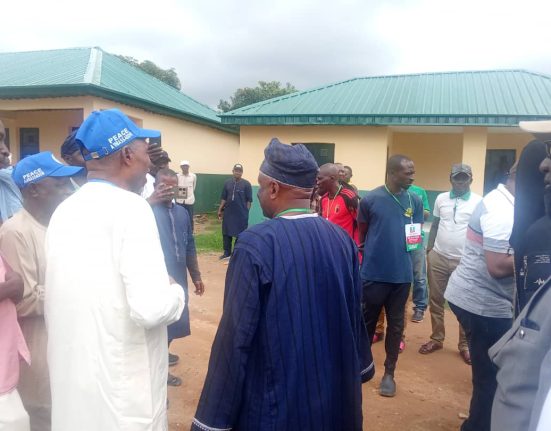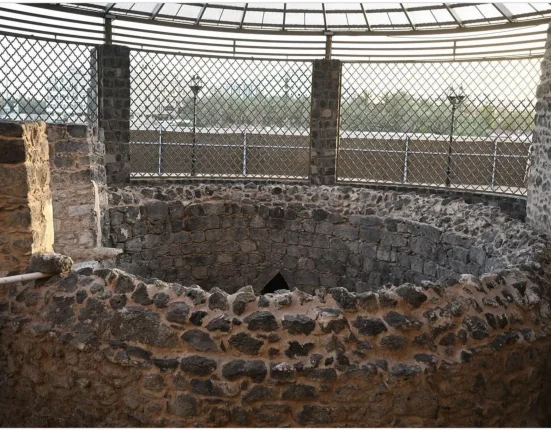Agricultural development expert and food security advocate, Africanfarmer Mogaji, has stated that Nigeria’s foremost challenge is not insecurity as widely assumed, but the country’s persistent failure to harness its vast human and natural resources. He made this assertion during a recent interview where he called for a strategic rethink in national priorities, especially in the agricultural sector.
Speaking candidly, Mogaji argued that the focus on insecurity, while important, has overshadowed more fundamental issues plaguing the economy—chief among them, the mismanagement and underutilization of arable land, human capital, and institutional knowledge. “Security is not our main challenge; the real issue is that we are not leveraging our resources,” he said.
Nigeria, with over 70 million hectares of arable land and a predominantly young population, remains heavily dependent on food imports and suffers recurrent bouts of food insecurity. According to Mogaji, the country’s agricultural woes are compounded not just by physical insecurity, but by poor planning, inadequate farmer training, and a lack of investment in agricultural education.
He criticized the government’s continued emphasis on providing tools and inputs such as tractors and fertilizers, without matching investments in knowledge development. “We are not investing heavily in the education space in agriculture. The real empowerment lies in teaching people how to apply the tools effectively,” he stated.
Mogaji also called attention to the disconnect between government support programs and the farming communities they are meant to serve. He pointed out that many farmers remain unaware of the interventions available to them due to poor communication, bureaucratic hurdles, and the absence of grassroots engagement. “There is support available, but many farmers don’t know where or how to access it,” he added.
On the issue of insecurity, particularly in the North where many farmers have been displaced, Mogaji noted that while the situation remains serious, some areas have seen relative improvements. However, he stressed that psychological support and trust-building are equally critical in encouraging farmers to return to their lands. “Beyond physical security, we need to motivate people and rebuild confidence that their livelihoods are worth investing in again,” he said.
He also raised concerns about Nigeria’s readiness for the growing threat of climate change, describing the country’s response as “alarmingly inadequate.” He warned that unless Nigeria adopts climate-smart agriculture and prioritizes sustainability, the nation could face an even deeper food crisis in the years ahead.
Mogaji concluded by urging policymakers, development partners, and stakeholders to shift their focus toward solutions that are practical, scalable, and centered on people. “We have the land. We have the people. What we lack is the will and structure to bring them together in a way that truly transforms our economy,” he declared.







